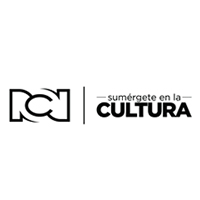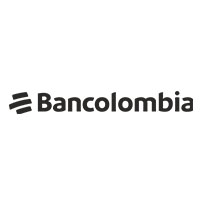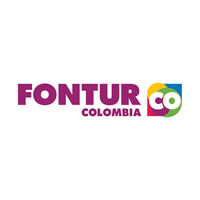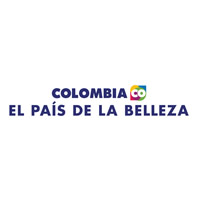Hay Festival Cartagena 2023
Welcome to the Hay Festival Cartagena de Indias 2023 programme, to be held from 26 to 29 January. In this page you can find the events in the general programme as well as Hay Joven activities tor university audiences, Hay Comunitario sessions which will take place in different areas of Cartagena, Reading Clubs and Talento Editorial.
The tickets of the general programme and reading clubs are on sale for in person events. If you wish to register to see the live streaming of events, please select the option "Register to watch online" when this option is available. Hay Joven, Hay Comunitario and Talento Editorial are 100% in person and free of charge.
If you have any issues regarding the payment of your tickets, please contact us at tickets@hayfestival.org or at +57 317 516 55 13.
If you are a students a wish to request free tickets, you can write to us at estudiantes@hayfestival.com.
If you have any general questions, you can find us at contacto@hayfestival.org.
Event HJ17
Josefa Sánchez Contreras and Gabriela Wiener in conversation with Daniella Sánchez Russo
Explorers, dreamers and thieves
Universidad Tecnológica de Bolívar (Sede Manga) - Auditorio Jorge Taua
Read moreCoorganised with Santo Domingo Centre of Excellence for Latin American Research (SDCELAR) at the British Museum

Event CL5
Book club: Gabriela Wiener in conversation with David Lara Ramos
Casa Hay (Centro de Convenciones)
Read moreOur book clubs are intimate events with guests selected from the Hay Festival programme. These small-scale events will be a chance to talk in depth about the most recent work published by those invited. At this event, Gabriela Wiener (Peru) will talk to David Lara Ramos about her book Huaco retrato. A huaco retrato is a piece of ceramic made by the native peoples of Peru. In 1878, the Austrian Jewish explorer Charles Wiener, the author’s great-great-grandfather, carried four thousand pre-Colombian pieces away from Peru, in the process gaining recognition at the Paris Universal Exhibition. The protagonist faces up to this instance of stolen memory and reflects on their history and on the consequences of colonization and racism in our lives.
The book should be read before attending.

Event 55
Philippe Sands in conversation with Javier Ortiz Cassiani
Teatro Adolfo Mejía
Read morePhilippe Sands (UK) talks to Javier Ortiz Cassiani about The Last Colony, a book about the Chagos Islands, which describes and censures the role of the UK in the expulsion of its native inhabitants in the 1960s. This prominent lawyer and human rights expert has not only documented these events, but also explores how the unjust acts have affected the lives of the inhabitants of the archipelago to this day, making a call for reparation of this colonial past.
Simultaneous translation from English to Spanish available
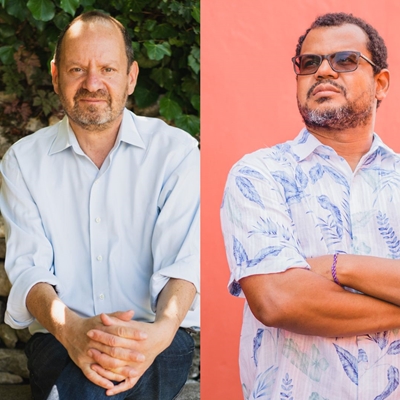
Explore All Genres
- Afrodescendencias
- Latin America
- South to South
- Art
- Arts & Culture
- Children
- Classics
- Crime
- Culture
- Drawing
- Economics
- Equality
- Film
- Gender
- Health
- Heritage
- History
- Human Rights
- Indigenous Cultures
- Journalism
- Life
- Literature
- Lviv BookForum
- Medicine
- Memoir
- Music
- Nature & Environment
- Philosophy
- Politics
- Psychology
- Science
- Thinking
- World Affairs
- Young Adult
